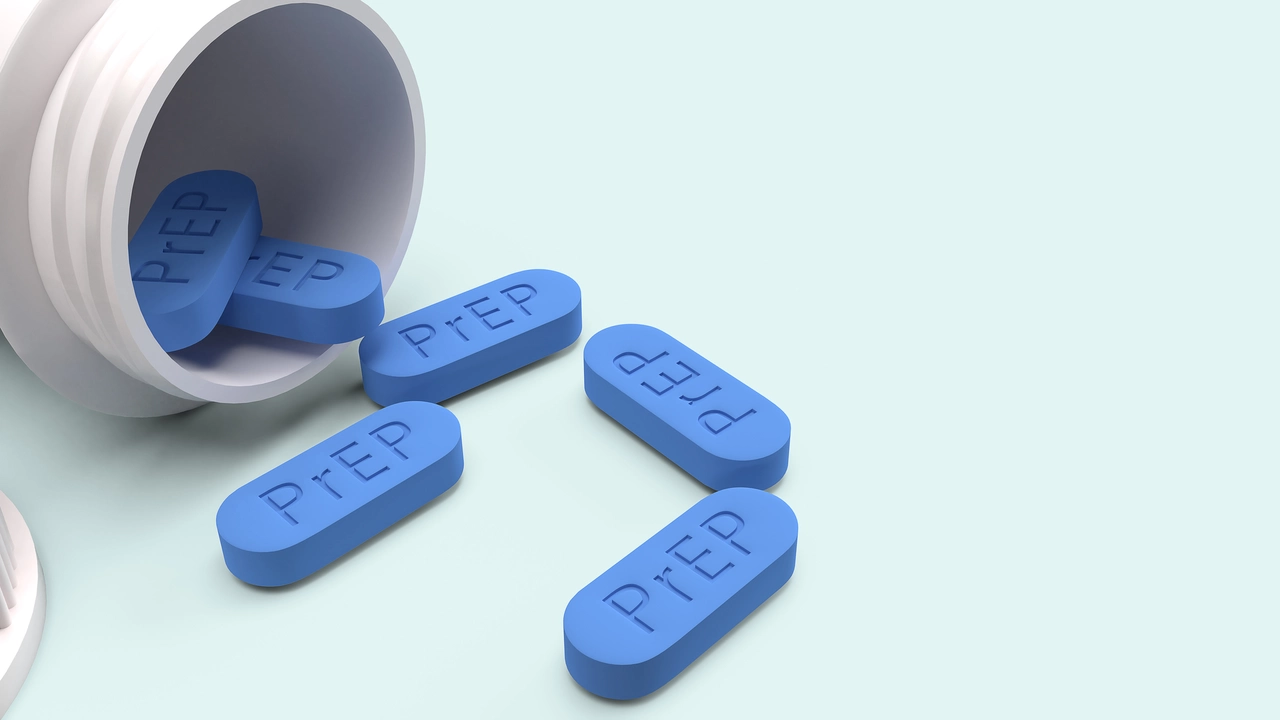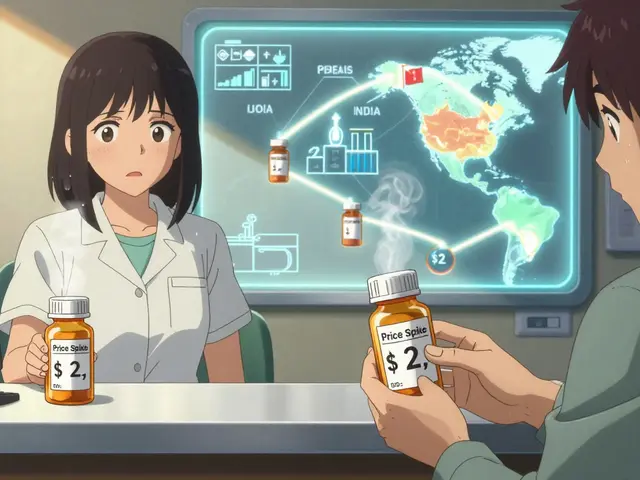Understanding Insurance Coverage and How It Impacts Your Medications
Have you ever wondered why the amount you pay for your prescriptions can vary so much? A big reason is insurance coverage. Insurance plans often help cover part of your medication costs, but understanding how they work can make a huge difference in your yearly health expenses.
Basically, insurance coverage for medications means your insurance company pays a portion of your prescription drug costs. Depending on your plan, you might have to pay a co-pay, co-insurance, or meet a deductible before coverage kicks in. These terms can be confusing, so it’s important to know what your plan offers—some cover a wide range of drugs, others might only cover generic versions or have limits on certain medications.
Ways to Save Even with Insurance
Even if you have insurance, your out-of-pocket costs can still be high. So, what can you do? One smart approach is stacking coupons with your insurance benefits. For instance, certain manufacturer coupons offer discounts that apply even if you have insurance, reducing your co-payment or coinsurance.
Another tip is to check if your insurance plan has preferred pharmacy networks. Shopping at in-network pharmacies can lower your costs noticeably. Additionally, using mail-order services sometimes brings better prices, especially for maintenance medications like those for thyroid conditions or ADHD treatments.
Choosing the Right Medication and Plan
Sometimes switching to a generic or a different medication covered more favorably by your insurance can save you money. For example, there are alternatives to popular drugs like Strattera or Synthroid that might be cheaper under your plan. Discussing options with your healthcare provider and pharmacist can uncover these possibilities.
Also, review your insurance plan during open enrollment to make sure it matches your current health needs and prescriptions. A plan with better drug coverage might have a slightly higher premium but save you money overall.
Understanding insurance coverage isn’t always straightforward, but knowing how it affects your medication costs puts you in control. Combine that with smart shopping tips and you can ease your healthcare expenses without sacrificing your treatment.

Glipizide vs New Diabetes Pills: Yearly Cost Breakdown & Money-Saving Tips
- Date: 28 May 2025
- Categories:
- Author: David Griffiths
Curious about how much you could save on diabetes meds? This guide breaks down the real yearly costs of generic Glipizide and next-gen diabetes pills. We dig into insurance, coupon hacks, and what to expect at the pharmacy. Get clear advice, smart tips, and insider info on keeping your diabetes treatment affordable—without sacrificing what works best for you.

Atazanavir and insurance coverage: what you need to know
- Date: 9 May 2023
- Categories:
- Author: David Griffiths
As a blogger, I've been researching Atazanavir and insurance coverage to bring you the essential information you need to know. Atazanavir is an antiviral medication used to treat HIV/AIDS, and it's vital for those affected to have access to this life-saving medication. Unfortunately, not all insurance plans cover this drug, so it's crucial to review your policy and ensure you have the necessary coverage. If your plan doesn't cover Atazanavir, consider looking into patient assistance programs or exploring generic alternatives that may be more affordable. Remember, being informed about your insurance coverage can make all the difference in managing your health and well-being.




